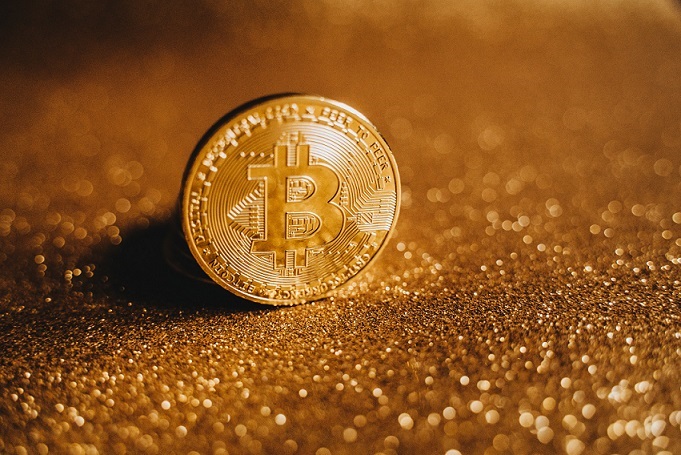There are many Bitcoin Myths surrounding the world’s first cryptocurrency, so it seemed like a good time to analyze some of the more common ones and see whether they have any basis.
With the price of Bitcoin Smarter surging to new highs and major stories breaking virtually every day, it’s easy to see why. Then this is the instruction for you. We’re taking the necessary risks to uncover the truth behind the world’s most popular YuanPay Group.
A Bitcoin Bubble
It is correct; however, it does not mean that Bitcoin is in a bubble because some people acquire it to earn big money. During economic projections, the market value of a product or service rises at an inflated rate.
Bitcoin works on the larger principles of Blockchain that contain an interconnected system of ledgers and make the whole task of Bitcoin peer-to-peer network easier in all its uses.
Bitcoin Consumes A Lot Of Energy
One thing that gets criticized rather often is the power needed to mine new bitcoins. Because of other networks’ and organizations’ high energy use, this fact alone shouldn’t invalidate bitcoin.

There Is No Practical Purpose For Bitcoin At This Time
Bitcoin’s critics often argue that the cryptocurrency has very few legitimate uses in the real world or, if it does, that most of those uses involve some unlawful activity. There are a few changes in the cycles that Bitcoin has experienced over the last few years.
It is also too volatile a form of crypto that you get, and hence, you should not spend all your investment on Bitcoin and spread your amounts in several directions.
Tulips’ Appeal Pales In Comparison
Bitcoin has been likened to the tulip mania that occurred in the 17th century, and some people see it as the equal of bitcoin in the 21st century. When the price of tulip bulbs suddenly rose because they were considered status symbols, a temporary bubble was formed. Investors realized their mistake as production grew and the bubble broke, resulting in many individuals losing a few hundred dollars.
In Reality, Bitcoin Is Useless
In the same way that the US currency isn’t backed by anything tangible, Bitcoin isn’t supported by anything substantial. Because Bitcoin is engineered to be scarce, it is resistant to inflation.
Inflation of a fiat currency may occur if a large quantity of new money is issued, reducing the total amount of money already in circulation. Bitcoin has a long history of making payments online, across various exchanges, over some time, and it is also used as a hedging amount like gold so that you get protection in case of any investment.
A Competitor Will Soon Overtake Bitcoin
Bitcoin was the first cryptocurrency to achieve significant levels of success. No new cryptocurrency has ever surpassed Bitcoin in revolutionary features or other advantages. Although there are multiple types of crypto like Ethereum, Altcoin, and Dogecoin in the market, the value of Bitcoin has not decreased to any extent.
Investing In Bitcoin Is A Risky Proposition
A market in its infancy is expected to experience volatility, and Bitcoin’s price has varied significantly over the last decade. Since its genesis block in 2010, Bitcoin’s value has risen steadily, reaching over $1 trillion.
Cryptocurrency Safety Issues
In the history of the Bitcoin network, there has never been an attack. Many computer scientists and security professionals have inspected its open-source code. First and foremost, Bitcoin is a “trustless” digital currency since it was the first to overcome the double-spend problem. Furthermore, every Bitcoin transaction is final.
The Use Of Bitcoin Harms The Environment
To mine bitcoins, you’ll need a lot of power. But it’s tough to measure the environmental impact. The digital economy has one drawback: it all needs fuel to run, including everything from the powering of office buildings, ATMs, neighborhood branches, and more to the whole global banking system, as well as the energy necessary to conduct financial transactions.
Conclusion
Creating new money is done via a process known as “mining,” in the case of Bitcoin. Throughout the energy-intensive mining process, computers solve complex puzzles to verify the legitimacy of network transactions. Owners of these devices may be compensated with newly created bitcoin. Tokens are produced and distributed in other methods by other cryptocurrencies, many of which have a significantly less impact on the environment.


















